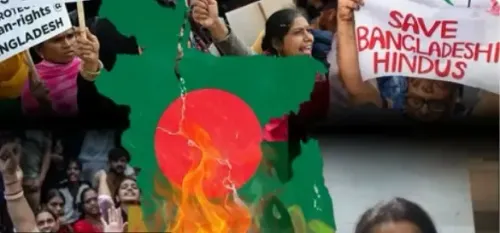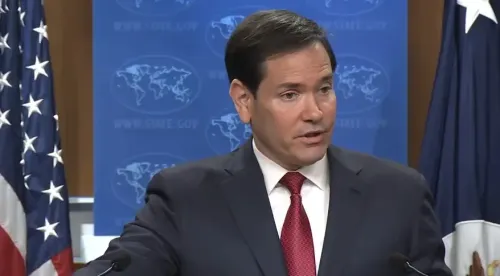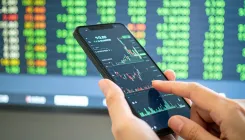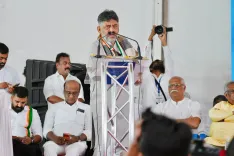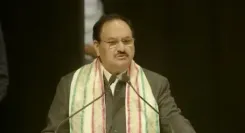IMEC Remains Active Amid Security Concerns, India Collaborating with Select Partners: MEA

Synopsis
Key Takeaways
- India is collaborating with selected partners on IMEC despite regional challenges.
- Prime Minister Modi's visit to Saudi Arabia aims to advance IMEC initiatives.
- The corridor will enhance connectivity between India, the Gulf, and Europe.
- It seeks to lower logistics costs and foster economic cooperation.
- IMEC represents a modern partnership of equals.
New Delhi, April 19 (NationPress) India continues to collaborate with "selected partners" on the India-Middle East-Europe Economic Corridor (IMEC) despite the prevailing political and security challenges in the region, stated Foreign Secretary Vikram Misri on Saturday, ahead of Prime Minister Narendra Modi's upcoming visit to Saudi Arabia next week.
Highlighting the intent to advance the work on IMEC during PM Modi's two-day visit to Saudi Arabia scheduled for April 22-23, the senior diplomat expressed optimism that efforts related to IMEC with both original and potential partners will soon yield tangible results.
"The political and security climate in the regions may suggest that progress on IMEC has stalled, but India is actively engaging with selected partners and discussing necessary actions. We do not have to wait for the security situation to completely stabilize before commencing work on IMEC," asserted Misri.
During the G20 Leaders’ Summit in September 2023, leaders from India, European Union, France, Germany, Italy, Saudi Arabia, UAE, and the US signed a Memorandum of Understanding (MoU), pledging to collaborate on the development of the new India-Middle East-Europe Economic Corridor (IMEC). This corridor will consist of two distinct routes: an eastern corridor linking India to the Gulf and a northern corridor connecting the Gulf to Europe.
"Following the signing of the framework agreement on IMEC in September 2023, all partners faced an urgent regional situation that hindered the immediate commencement of planned groundwork. However, this does not imply that individual countries or groups part of the original agreement haven't engaged in discussions about the agreement's framework and the necessary steps for progress," Foreign Secretary Misri elaborated.
The IMEC corridor, which aims to integrate Asia, Europe, and the Middle East, involves multiple stakeholders and will establish a reliable, cost-effective cross-border ship-to-rail transit network to complement existing maritime routes. It aspires to boost efficiency, lower costs, secure regional supply chains, enhance trade accessibility, foster economic cooperation, create jobs, and reduce greenhouse gas emissions, thereby facilitating transformative integration of Asia, Europe, and the Middle East (West Asia).
"Much of the work related to the missing infrastructure linkages within the IMEC corridors is relevant for many of these countries, whether or not these links become part of IMEC, as they hold national significance," noted Misri.
Earlier this week, Union Minister of Commerce and Industry Piyush Goyal, addressing the IMEC High-Level Roundtable on Connectivity and Economic Growth in New Delhi, remarked that this visionary concept—a robust endorsement of India and the Middle East and Eastern Europe's leadership and partnership—has captured global interest.
Goyal emphasized that IMEC is not just a trade route; it represents a contemporary Silk Route—a partnership of equals that promotes synergy, connectivity, and inclusive growth.
"It aims to reduce logistics costs by up to 30 percent, cut transportation time by 40 percent, and establish seamless trade linkages across continents," he stated. "We will be connecting not just trade but also civilizations and cultures—from Southeast Asia to the Gulf, and from the Middle East to Central Europe."




